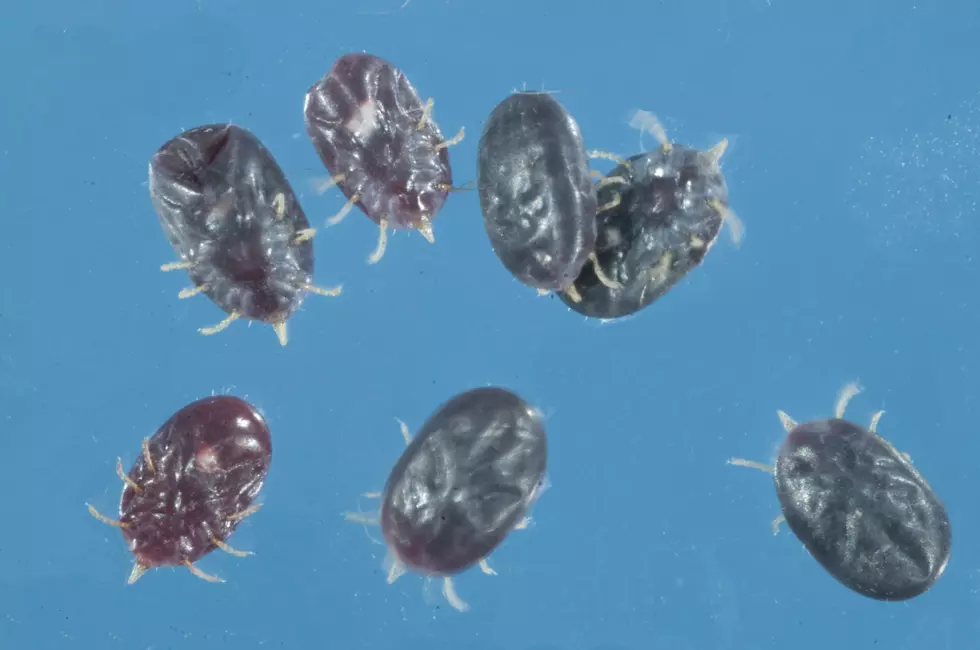
Bat-loving tick recorded in 2 NJ counties, likely more widespread
If you weren't already hesitant about bats, here's this.
A tick species associated with bats has had its first recorded sightings in the Garden State, according to a Rutgers-led study published in the Journal of Medical Entomology.
The bat-loving tick species, Carios kelleyi, was confirmed in Mercer and Sussex counties during summer 2019, according to the study. The ticks were found as larvae, collected from big brown bats in those counties.

"I'm sure it's more widespread than this," said lead author James Occi, a doctoral student in the Rutgers Center for Vector Biology.
Occi said further research will determine the species' reach in New Jersey, and samples will be tested for pathogens.
The soft tick species is known to be in about 30 states, according to the research. Unlike hard ticks such as deer and dog ticks, though, these blood-suckers won't be waiting for you in a field or in your grass.
While there have been reports of C. kelleyi feeding on humans, and they've been found to be infected with microbes that are harmful to people and animals, the threat to us and our pets is minimal, according to Occi.
"It feeds almost exclusively on bats," Occi said. "You might only encounter them if you have an infested attic and there are ticks there."
Perhaps your personal risk would be heightened if you get rid of your bat problem, but don't check to see whether associated ticks remain in the structure.
"You get rid of the bats, and they're going to come looking for more blood," Occi said.
Luckily, Occi said, this species of tick can survive months, sometimes years, without feeding.
Bats may also make their homes in barns and abandoned buildings.

More From Townsquare Media News:


